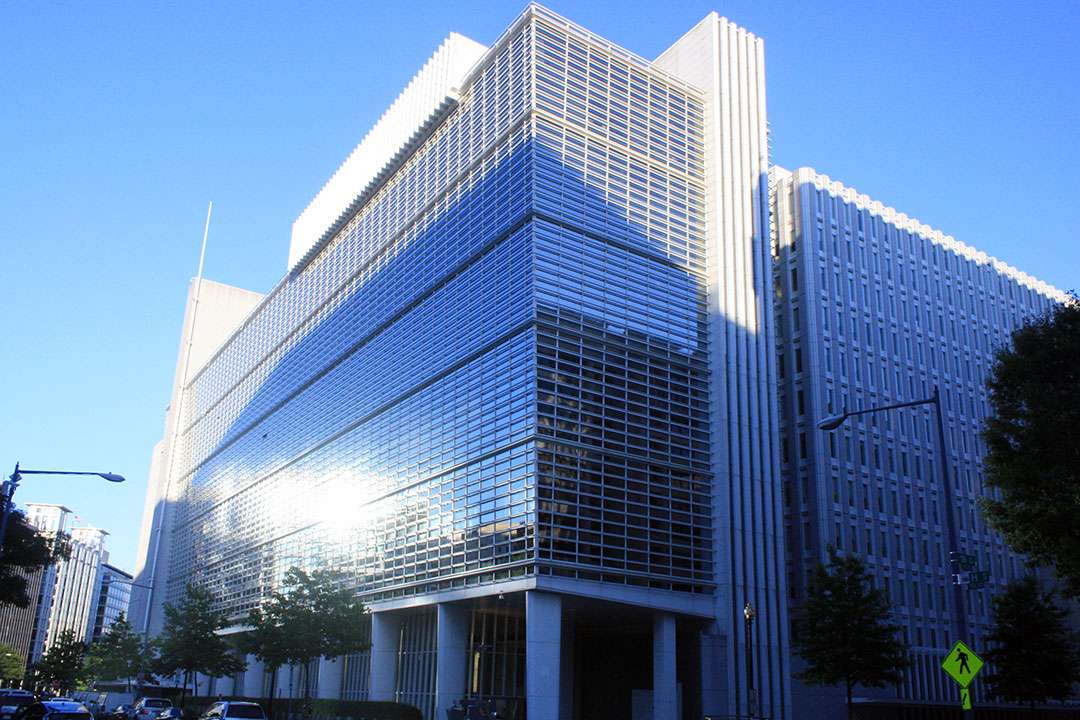22 April 2017: The Global Infrastructure Forum 2017, which focused on the theme, ‘Delivering Inclusive, Sustainable Infrastructure,’ provided participants with a chance to discuss how multilateral development banks (MDBs) can work with countries and the private sector to create markets for infrastructure projects. The Forum concluded with an Outcome Statement highlighting the steps countries and development banks are making to scale-up infrastructure finance to meet development goals.
The Forum, which took place on 22 April 2017, at the Inter-American Development Bank (IDB) headquarters in Washington, DC, US, brought together representatives from the UN and the G20 with the heads of the African Development Bank, Asian Development Bank, Asian Infrastructure Investment Bank, European Bank for Reconstruction and Development, European Investment Bank, Inter-American Investment Corporation, International Finance Corporation, Islamic Development Bank, New Development Bank, the World Bank and the IDB.
The 2015 Addis Ababa Action Agenda (AAAA) called on the MDBs to establish the Global Infrastructure Forum, to “improve alignment and coordination among established and new infrastructure initiatives.” The Forum took place on the margins of the Spring Meetings of the World Bank and International Monetary Fund (IMF).
UN General Assembly President Peter Thomson noted that investment in infrastructure is required for the achievement of long-term sustainable economic growth.
In his opening statement, UN General Assembly President Peter Thomson highlighted that the Forum would focus on the particular challenges faced by Least Developed Countries, Small Island Developing States, and Landlocked Developing Countries. He noted that investment in infrastructure is required for the achievement of long-term sustainable economic growth, including “creating jobs, building prosperity, reducing inequality, and strengthening social services.” Thomson reviewed a number of themes discussed during the Sustainable Development Goal (SDG) Financing Lab, which he convened on 18 April 2017. He highlighted that the financing needed to fund the SDGs already exists, but more needs to be done to get the regulatory frameworks in place to shift investments towards SDG implementation. He highlighted that MDBs can play a role by providing technical assistance, bringing together local infrastructure investment opportunities with private sector and institutional investors, and “increasing investments in infrastructure, innovation, and technology projects, to bring them to scale and lower costs for the global good.”
The 2017 Forum concluded with an Outcome Statement. The Statement reviews the status of a number of collaborative initiatives that the MDBs are undertaking, including the first ‘MDB Joint Declaration of Aspirations’ to support infrastructure investment, which is expected to be published in June 2017, and the ‘Principles to Crowd in Private Sector Finance,’ which were agreed in April 2017. The MDBs and other IFIs have established a Working Group on Blended Finance for Private Sector operations, which will work toward establishing a set of common principles, terminology, implementation guidelines as well as data-sharing and disclosure standards for the use of blended finance. In addition, the MDBs agreed to take action to, inter alia: strengthen investment capacity, policy and governance frameworks of public authorities and governments to address the infrastructure challenges of each country; enhance private sector involvement and finance by creating an enabling environment; and enhance the catalytic role of MDBs.
An Annex to the Outcome Statement provides a matrix of action areas and action progress related to: data and information on infrastructure; approaches and building consensus on PPP standards for policies and projects; project preparation; and financing for infrastructure. The outcomes of the Global Infrastructure Forum will be reported to UN Member States through the Financing for Development Forum.
The press release regarding the Forum notes that, “With trillions of dollars in capital sitting on the sidelines earning low or even negative returns, deeper engagement with the private sector can create win-win scenarios where investors earn better returns on long-term investments and developing countries get much needed investment and expertise.” [UNGA President’s Statement][Outcome Statement from the Global Infrastructure Forum][World Bank Global Infrastructure Forum Webpage][IDB Press Release][SDG Knowledge Hub Story about First Global Infrastructure Forum]


